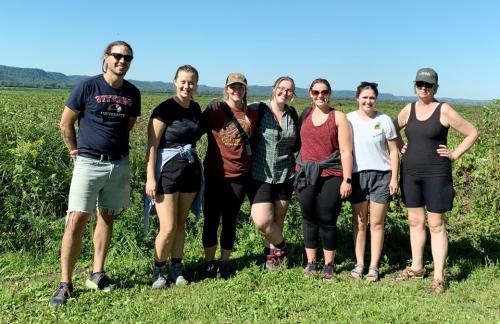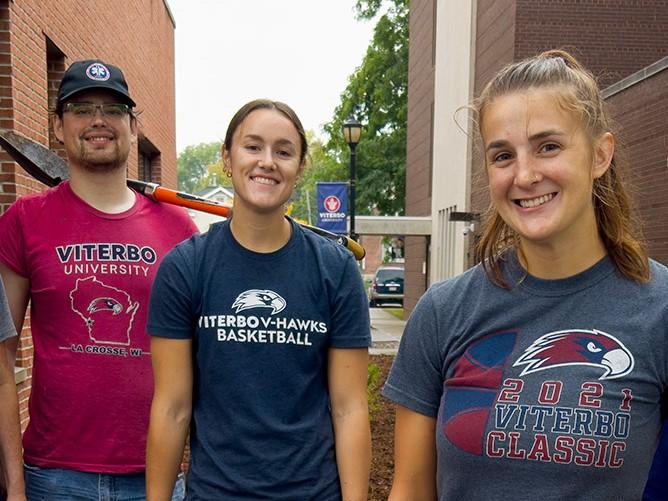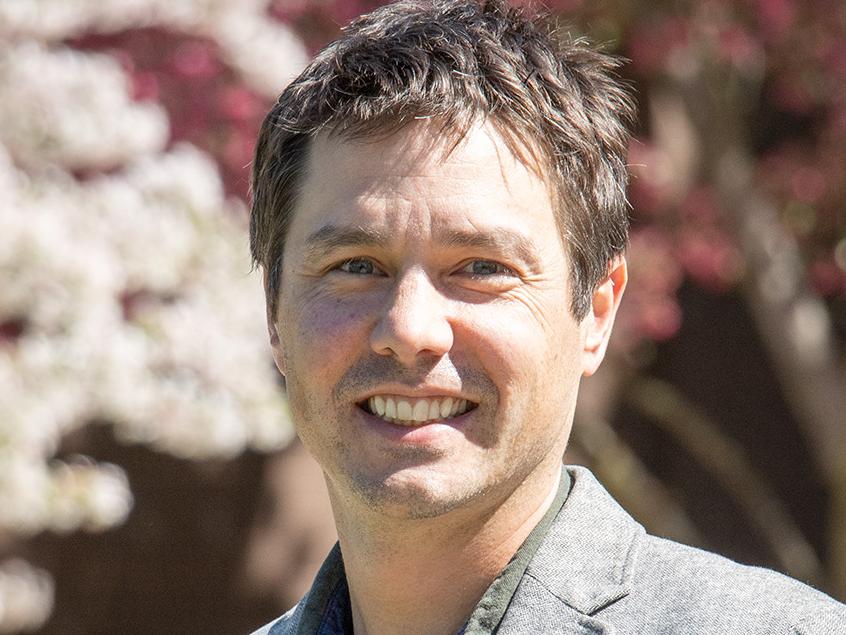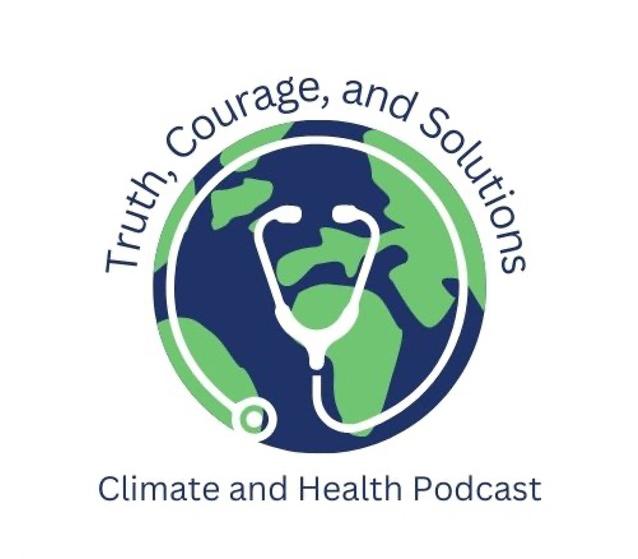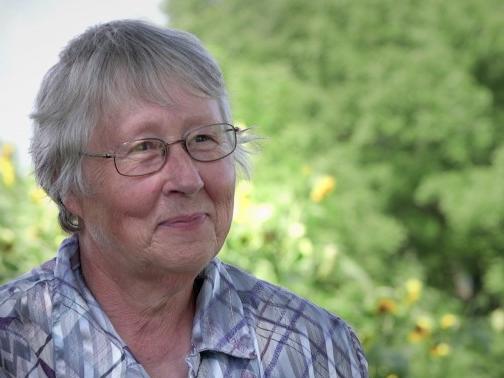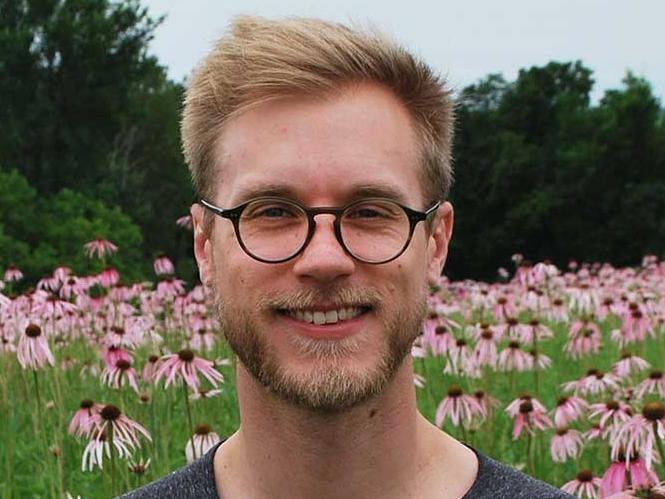Students in one of Viterbo University’s core curriculum classes for undergraduates are on an ambitious mission this year: demonstrate to the institution’s leadership the need for a long-term climate action plan.
“In the end, this course is really all about leadership and change management, like how do you actually move things forward in a way that brings about the change that you want to see,” said course instructor Cameron Kiersch. “And given Viterbo’s mission, vision, values, and Catholic Franciscan identity, it is, in my opinion, a no-brainer to continue working toward a more sustainable campus.”
Kiersch began teaching in Viterbo’s undergraduate nursing degree program in 2017 after 14 years of critical care nursing experience. Since 2021, he’s led the university’s Direct-Entry Master of Science in Nursing (DEMSN) degree program, which includes students who earned bachelor’s degrees in fields other than nursing.
Throughout his nursing and academic career, Kiersch has championed innovations intended to improve planetary health while providing care for patients. One of the DEMSN classes Kiersch teaches focuses on “Climate Change and Health: Global Awareness and Social Justice,” with students in that class launching a podcast addressing the intersection of climate and health.
“The nursing paradigm is that people have to be well in a lot of different areas: physical wellness, mental wellness, spiritual wellness. Part of that is environmental wellness,” Kiersch said. “You have to live in clean areas that have clean water and clean air, healthy food, those kinds of things.”
This year Kiersch created a new undergraduate mission seminar inspired by that DEMSN class. All Viterbo undergraduate students are required to take four mission seminars as part of the university’s core curriculum falling under four themes: Franciscan identity and values, living in a diverse world, social justice and equity, and the ethical life.
Kiersch’s mission seminar class, which falls under the social justice and equity theme, is titled “Planetary Health Promotion: Think Global, Act Local.” It’s a project-based class, going beyond academics into the realm of action.
The fall-semester section of the class conducted a SWOT analysis (strengths, weaknesses, opportunities, threats) and a campuswide survey regarding climate action. Students presented their results, which showed a strong appetite and need for climate action, to President Rick Trietley’s cabinet and deans, securing a chance for the spring semester class to come back and present further information.
This semester, students have channeled their efforts into planning for an on-campus pollinator garden, organizing a campuswide climate challenge conducted April 15–19 using the Bright Action app, and putting together a case for a long-term campus climate action plan that would be based on a template suggested by the Vatican’s 2015 environmental encyclical, “Laudato Si’.”
The spring semester students made their initial pitch for a climate action plan at a cabinet and deans meeting in March and will present again in May. While presenting to the university’s leadership entails some pressure, it’s also motivating for students.
“This class is empowering us to be leaders in a way that you don’t get to experience in a lot of lecture type courses. It requires you to step up because we’re trying to make things happen,” said Dylan Woodman, a music performance major from De Soto. “I think the big hurdle in convincing people to take action and commit to a plan is finding a way to rephrase it and make it something they can relate to in their own way.”
“I’ve been pleasantly surprised with some of the work I’ve fallen into as part of this class,” said Lyza Hoscheit, a nursing major from Caledonia, Minn. “It has been so meaningful and rewarding.”
Woodman, Hoscheit and three other members of Kiersch’s class have been focused on the climate challenge. They hope participation will both show participants how easy it is to take simple steps to reduce their negative impact on planetary health and at the same time show university leaders that students, faculty, and staff would strongly support a climate action plan.
“I always tell students that if you are just conscious about the decisions you make, that’s step one. And then you can start talking about the big stuff, like policy change,” Kiersch said. “There are so many different ways you can advocate for these things, but it also just starts with individual behavior. So much of what we can do with climate action involves our own individual behaviors.”

